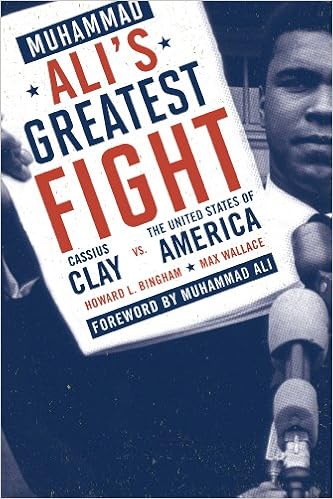
Wilson's 14 Points relate to the Treaty of Paris of 1783 because both negotiated peace to end a major war.
President Wilson's 14 Points Summary: Wilson begins by addressing the Congress saying that the countries of the Central Empires want to negotiate peace. Russia had also outlined what they thought the peace treaty should include. The United States would like to be able to help the Russian people attain their hopes for liberty and peace. Wilson wants to make sure that all secret covenants are gone. Wilson just wants it so the world is fit and safe to live in and to achieve this all of the countries will have to work together. His 14 points include, diplomacy being available to the public, absolute freedom of the seas, equal trade and the removal of economic barriers, guarantees that the national military will be reduced to the lowest point to keep domestic safety, as well as a open mind about colonial claims. They also include giving freedoms to Russia and allowing them to join the society of free nations, Belgium will be evacuated and restored and its freedom shall not be limited, all French territory should be freed and restored including Alsace-Lorraine, most nations that were involved are to be evacuated and restored, and finally an association of nations is to be formed under specific covenants for the purpose of mutual guarantees of political independence and territorial integrity. He doesn't even want to really hinder Germany at all as long as they want to join with the other peaceful nations.

